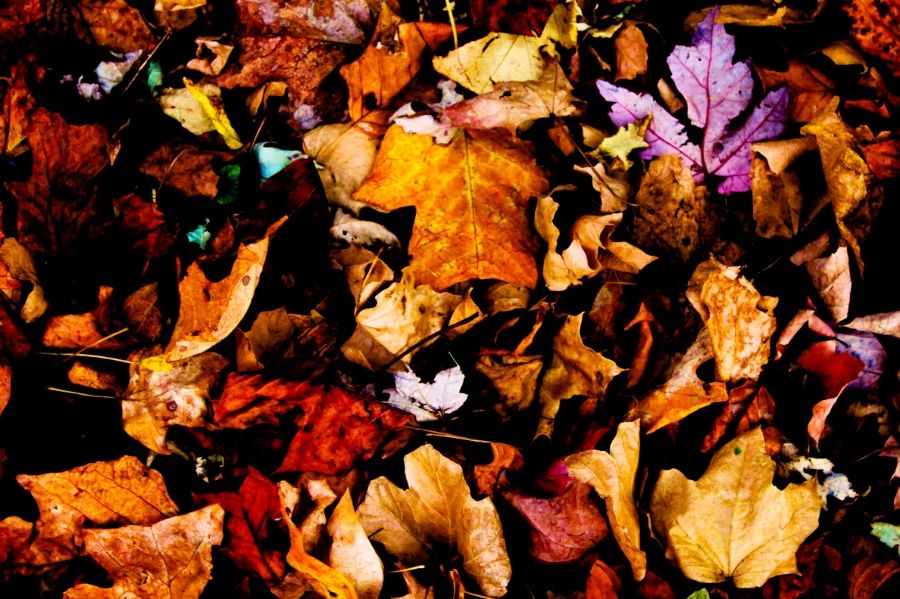Bucurie
Mă bucur să-mi umplu părul cu voi, frunze de toamnă,
să fug prin pădurea nebună, căzând şi râzând, şi să-mi zgârii
obrazul, în scoicile voastre scorţoase … Mă bucur să-mplânt
în toamnă roşcată strigătul meu adânc, singuratic,
sub bolţile pline de aer uscat, de foşnet de vânt,
să fug, să cad şi să râd pe pământul împodobit
de galbenul tău sărut cu o mie de buze, toamnă!
să fug prin pădurea nebună, căzând şi râzând, şi să-mi zgârii
obrazul, în scoicile voastre scorţoase … Mă bucur să-mplânt
în toamnă roşcată strigătul meu adânc, singuratic,
sub bolţile pline de aer uscat, de foşnet de vânt,
să fug, să cad şi să râd pe pământul împodobit
de galbenul tău sărut cu o mie de buze, toamnă!
Nina Cassian
Happiness
What joy to adorn my hair with you, autumn leaves,
to run the mad woods, falling and laughing, and abrade
my tender cheek on your crisp shells….. What joy
to thrust a whoop deep into the ruddy weather, lonely
to thrust a whoop deep into the ruddy weather, lonely
under the vaults of dry air and wind-rustle,
to run fall laugh on an earth illuminated,
autumn, by your thousand lips’ yellow kiss!
(my translation)
.

There is pure joy, bliss even, in these lines!
ReplyDeletePartly because I picture a certain "madwoman." :)
i love the poem. i do. and i did before but i can not now escape the knowledge of what the original Romanian suggests. the poem catches and tears upon the words crisp shells and did before andreea suggested to you how the poem in Romanian has a sexual tone. (and what is it inside of language that had the poem catch upon the crisp shells even before the introduction of cultural references? and yet it did. there is an alchemy to language that i can not possibly begin to understand.)
ReplyDeleteand so while i love the poem, i long for the wider mind, knowledge, of the sexual tones which resonate far beyond and much deeper than any one word might reveal, but vibrate through the very soul of living inside a particular culture.
what i mean to say is that i want more. i want to know the full resonance of that which resides in the palms of the opalescent shell. but can we know this in English? or can we know this in English inside of this poem? or is this poem, while very very good in English, only ever its fullest in Romanian?
xo
erin